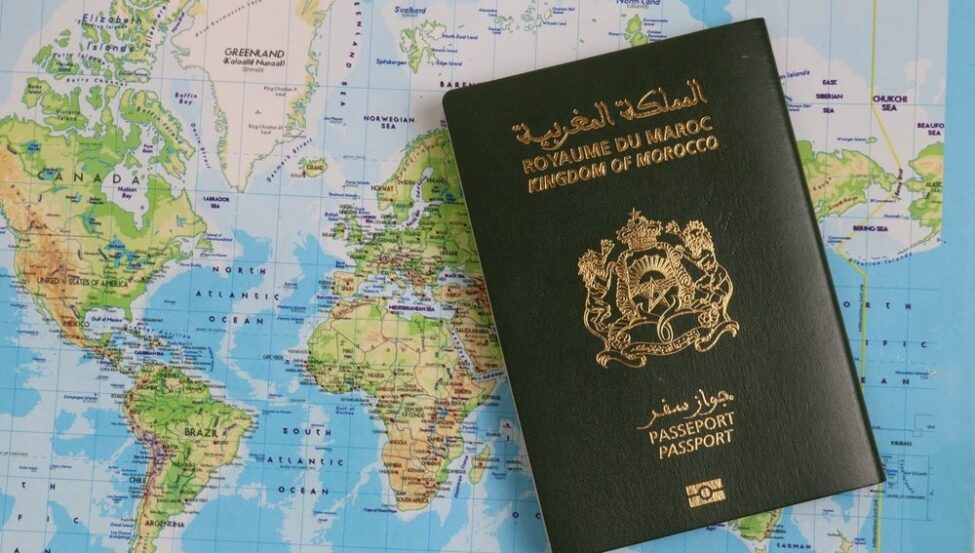The most common foreign nationality in Spanish prisons is Moroccan, according to a report published by a Spanish newspaper.
The report, published by Spain’s ABC network in September 2024, noted that Moroccans account for about 30 percent of all detainees in the country, a record number that reflects a ‘real issue’.
Figures provided by the newspaper indicate that the foreign nationality most frequently found in Spanish prisons are citizens of Moroccan origin. With 5,471 inmates, Moroccans represent 29.5% of the foreign prison population.
That means that “one out of every three foreign prisoners in Spain is of Moroccan origin.”
The newspaper commented on these figures, explaining that they are much higher than the proportion of the total registered population, which barely reaches 1.9%.
Spain, like many European Union countries, has seen a significant increase in the number of migrant arrivals in recent years. This phenomenon, which is partly due to the political, economic and humanitarian crises in the world, has sparked intense debate in the countries most affected by it.
Although migration enriches the social and economic fabric of regions, it also poses challenges in terms of integration, employment and security.
In Spain, the migration pressure in recent months has reached a critical point, with images of mass arrivals on the country’s coasts, sparking growing concern among residents wondering how to manage the constant influx of people seeking a new life in Europe.
Since 2020, the downward trend has been reversed and the number of foreign prisoners has increased significantly compared to the number of Hispanic prisoners.
According to figures obtained by ABC through a transparency portal, foreigners account for 31.4% of Spain’s prison population, tripling their presence among the country’s total registered population.
This data highlights a significant disparity between foreign residents who enjoy freedom and those who are deprived of it.
While one in a thousand Spaniards is in prison, among foreigners the figure rises to three.
“It is curious that countries like Italy, the UK or Venezuela, which are among the main groups of foreign residents, are not among the most common nationalities of prisoners.”









